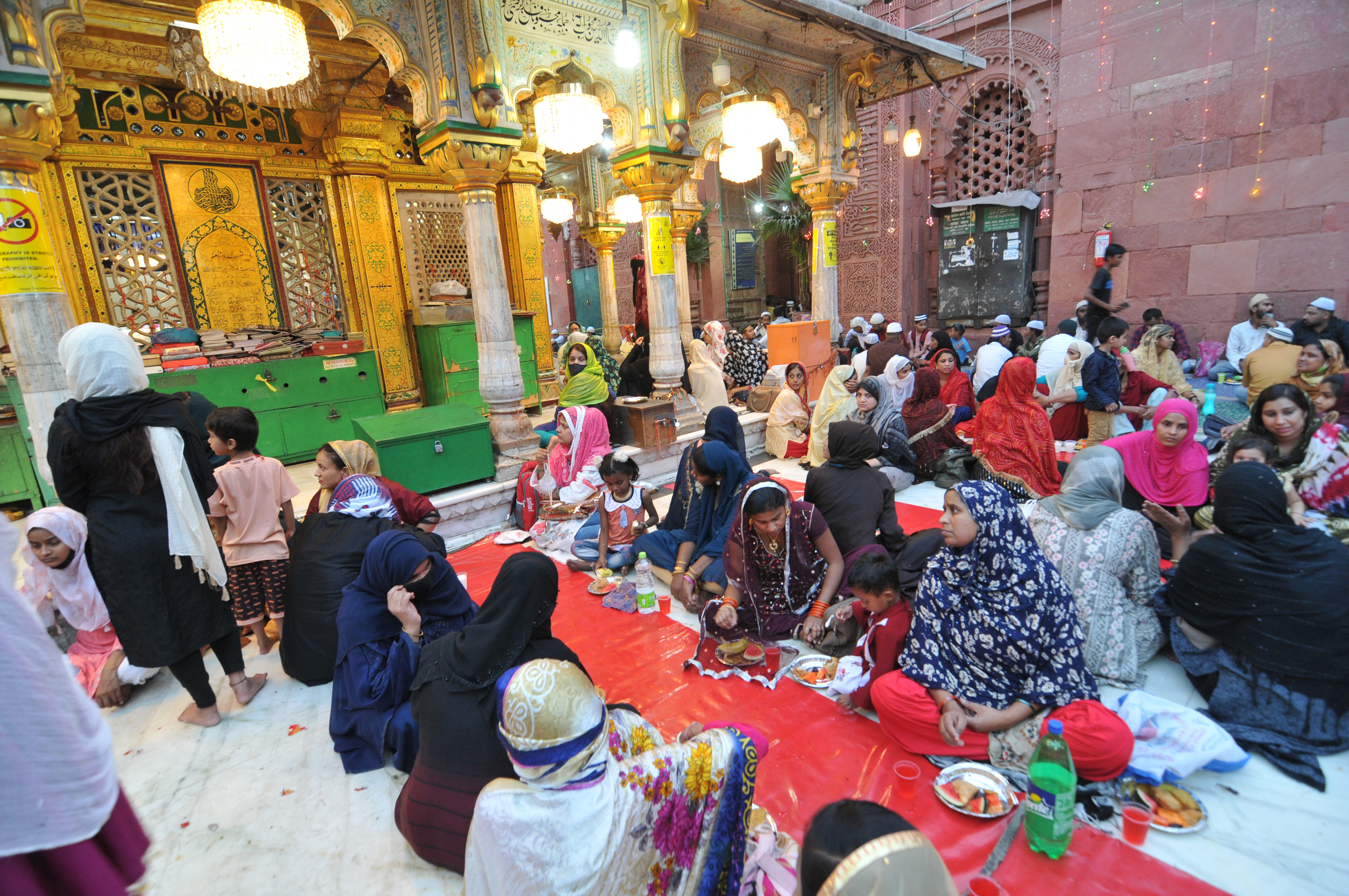
Eman Sakina
Religions have played a great role in promoting civilized human behavior by prescribing laws, rules, and rituals in exoteric and esoteric forms. Law as a matter of religious prescriptions and philosophical discourse has an illustrious history in India since Vedic Ages.
The Islamic principle of ijtihad (jurisprudential interpretation of a religious text) and the practice of feminist ijtihad are theorized as powerful tools in supporting young women to counter Islamophobia and gendered Islamophobia in their lives.
Young Muslim women are positioned with the responsibility of protecting their family’s honor through their gender modesty and sexual chastity. They are the public face of their family and community and, as such, their social relations are monitored and curtailed for fear of moral ‘transgressions’ that may bring shame to families. Muslim women thus experience a ‘burden of representation.’
Muslim feminists have long tried to compromise with these pressures by citing their religion and the Qur'anic principles of gender equality, social justice, and peace. Islam grants everyone the right to ijtihad, which is the judicial interpretation of religious texts. This instrument embodies Islam's desire to be useful to everyone, a desire that permits a wide range of Qur'anic interpretations. Women have the right to participate in ijtihad, which allows them to interpret religious texts in a women-focused or feminist manner to confront injustices and oppressions since there is no central authority tasked with explaining religion to the faithful.
 Indian Muslim women at the shrine of Nizamuddin Auliya in Delhi
Indian Muslim women at the shrine of Nizamuddin Auliya in Delhi
In Quran, it has been ordained,” Obey Allah and obey Prophet and those among you who are in authority (learned scholars). Similarly, Prophet Mohammad said,” It is incumbent upon you to follow the most numerous bodies. If you, yourself do not cognize, then question those who cognize.
Linguistically Ijtihad in the Arabic language means to make the utmost effort to realize a matter that entails a measure of discomfort and difficulty. It comes from the root word jihad (struggle).
The definition of Ijtihad itself clarifies a misconception that it is only personal reasoning and not the hukm of Allah. Often Western thinkers refer to Ijtihad in this manner as if it is only a product of the mind and has nothing to do with the law of Allah. It is not just a personal reasoning of a jurist rather it is an extraction of the hukm of Allah from the sources of Shariah. To believe that it is only personal reasoning is dangerous as it infers that it is a product of the mind alone like in Western legislation. For example, the rules of divorce in Western legislation completely differ from the rules of divorce in Islam, as the West believes the mind is a source of legislation whereas in Islam, we apply the mind to understand the revelation of the Creator.
Therefore, if one claimed to have made Ijtihad upon an issue after only studying one text related to it and ignored all other relevant texts even though they were readily available, this would not be considered legitimate Ijtihad.
Ijtihad must continue so that there are able ‘Mujtahadeen’ in the Ummah and Islam can lead the world in solving their problems and bring them out from the darkness into light.
Ijtihad in modern times occurs in three forms: through governmental legislation; in the form of fatwas (legal opinions) and judicial decisions by Islamic judges or fatwa committees; and through scholarly writings. Modern society often presents a more challenging prospect for ijtihad compared to its medieval counterpart when issues about marriage, divorce, property, and inheritance, for example, were more predictable due to the slower pace of social change.
